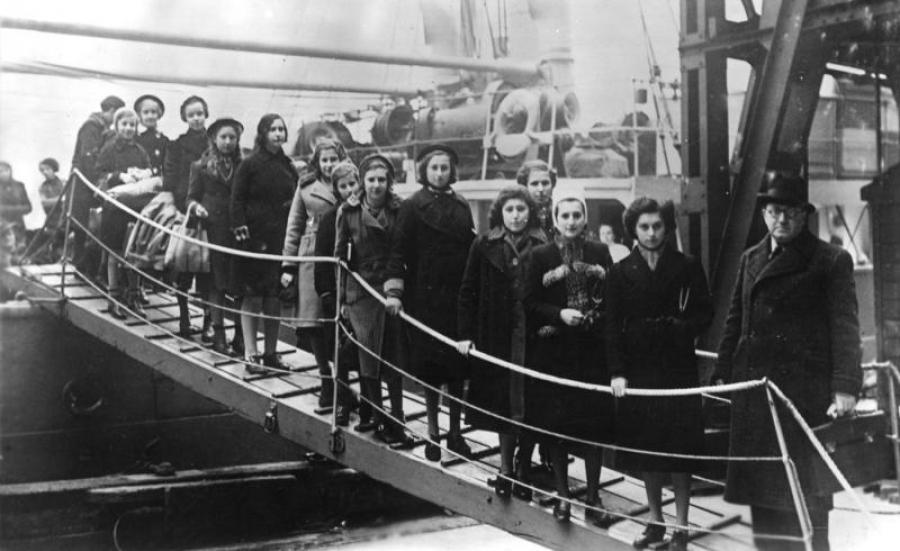Research institute
The Parkes Institute

We research, teach and raise awareness of relations between Jews and non-Jews, from antiquity to the present day. Our aims are to promote interfaith dialogue and fight against prejudice and antisemitism.


